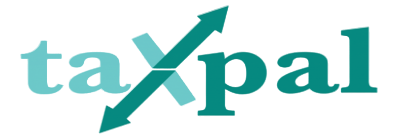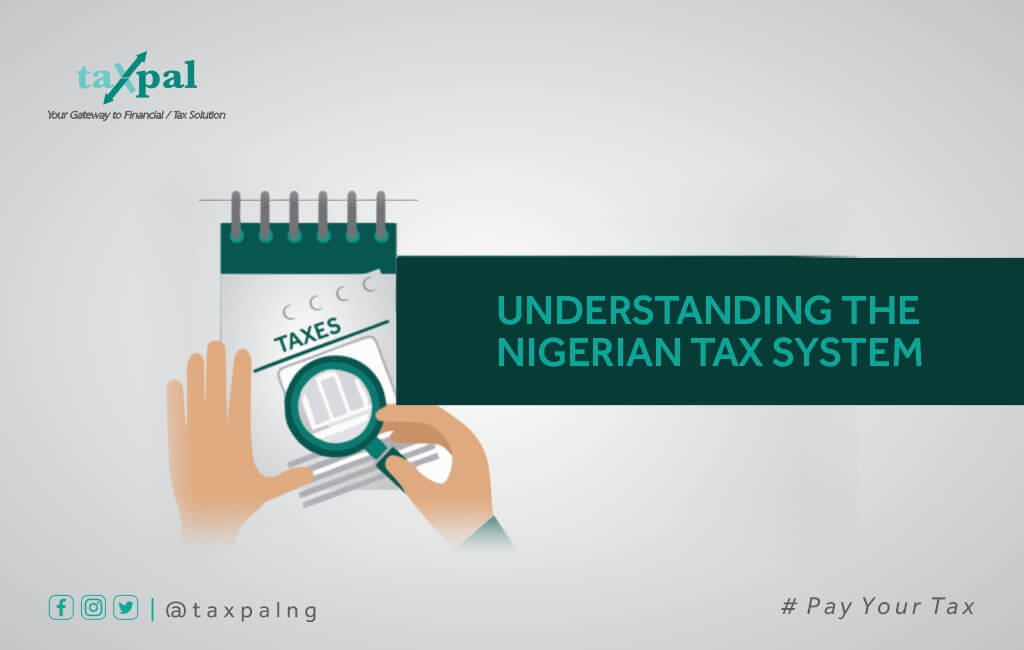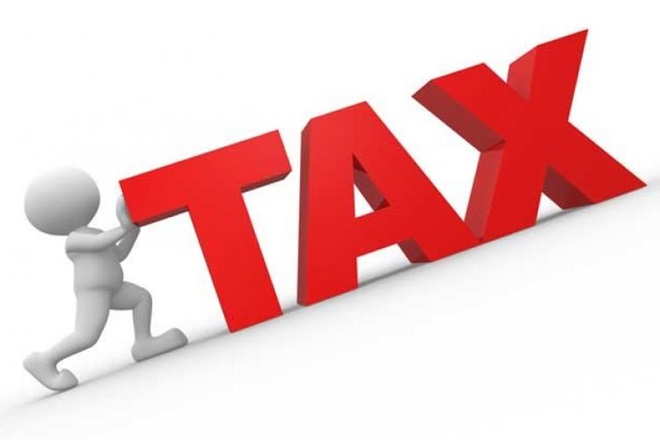- Your One Stop Tax Solution
- +234 (701) 952 8467
- info@taxpaladvisory.com
Hello world!
March 9, 2022
Small and medium enterprises (SMEs) and its tax implication
March 23, 2023Collecting taxes is a very ancient profession. Tradition and custom have long been influential in shaping the way in which national revenue authorities go about this task at the national level. However, the nature of collecting and administrating taxes has undergone many changes over the last few decades. The growing use of consumption taxes in the form of value-added taxes, the increasing importance of globalized companies whose tax affairs transcend national boundaries, and more recently the global financial crisis that began in 2007 have also created many new and difficult challenges.
The importance of strengthening domestic resource mobilization to support development has become an increasing focus of attention, a trend that current pressures on development spending by advanced economies are reinforcing.
With the renewed commitment by the Federal Government to diversify the economy by growing the non-oil tax revenue in order to develop stable and sustainable revenue sources to finance developmental projects, the tax system must be re-wired to be more flexible and adaptive to facilitate these aspirations. The need to diversify Nigeria’s economy (with its consequential implication for expanding the nation’s foreign exchange earnings base) has been a clear, present, and recurrent theme for many years. However, it has taken a sustained slump in crude oil prices to trigger a frantic and desperate rethink of Nigeria’s economic and fiscal planning approach.
However, the issue of Non-compliance, poor implementation of policies, and general lack of trust have created so far a wide ‘Tax Gap’. The tax gap is used here to refer to the difference between taxes collected by the government and what could ideally be collectible. Without a doubt, the gap is wide in Nigeria. There is a significant level of non-compliance by individuals and corporates who are either operating in the informal sector and out of the tax net or just paying lip service to tax obligations.
While it may be difficult to ascertain the exact level of the tax gap in most developing countries, there are studies with generic information that may provide some hints. Some of these pieces of information suggest that most developing countries collect between 10% and 20% of their GDPs as tax revenue compared to their OECD counterparts who collect between 30% and 40%. In Nigeria, the ratio of non-oil tax revenue to GDP is far below 10%, which makes Nigeria’s case even worse than most developing countries.
Over the years, the government’s focus on the taxation of individuals has been on personal income tax (PIT) through the pay-as-you-earn (PAYE) system. This is due to the ease of monitoring, by relying on employers as unpaid collection agents offering gratuitous service to the various Revenue Boards. Several “brief-case” professionals well accomplished sole proprietors and very important personalities all go around, earning millions of Naira in income but paying no tax. This concentration on PAYE has left a huge tax gap ranging from non-payment of PIT on other sources of income to non-payment of PIT by individuals not covered by the PAYE system.
Other rationales for the PIT tax gap may include the following:
- the innate attitude of man not wanting to pay taxes and levies, especially where the risk of detection is low and/or little or no penalty for non-compliance
- non-availability of relevant records (to ascertain taxable profits, especially in the informal sector)
- Perception of poor public service – where there is a strong view that the funds collected are not being used for the public interest. The vicious cycle of the “chicken and egg” analogy.
The keys to closing the tax gap would be a combination of many actions, all of which may have to be implemented simultaneously. This could be grouped into short-term actions aimed at plugging the low-hanging fruits and long-term actions.
The short-term steps will include raising the level of effectiveness of tax administration and widening the tax base by ensuring more taxpayers are brought into the tax net. Monitoring and enforcement actions must also be strengthened to drive compliance. Public enlightenment and sensitization campaigns would also be required. It is interesting to note that tax payment is seen by many as an exclusive obligation of civil servants and those in paid employment. Some of the long-term measures may include a review of the tax policy and laws with a view to bringing them up to current realities.
The government may also introduce an incentive-based health scheme for all Nigerians which would be directly linked to tax compliance. A similar scheme exists in the United States of America where taxpayers get up to 30% of their health insurance payment as a tax credit which is available to offset future tax liabilities. This serves a dual purpose of assisting the government to achieve universal health coverage while encouraging payment of taxes.
Although there is a similar incentive in place that benefits members of the National Health Insurance Scheme, it does not apply to all Nigerians. For this to work effectively there is a need for considerable improvement in healthcare infrastructure.
Another incentive could be to link tax payments to lotteries like what is done in China and Mauritius. In the two countries, Tax Lotteries were introduced in an attempt to change taxpayers’ behavior. Tax receipts serve as lottery tickets which entitled taxpayers to participate in lotteries and win certain sums. This could easily be pulled off in Nigeria in collaboration with the Federal and/or State Lottery Boards. Tax receipts such as PAYE, Value Added Tax, and Withholding Tax receipts could be used as lottery tickets and taxpayers get the opportunity to win simply by filing and paying their tax returns. This initiative depends on the records maintained by the government and would thrive where it is only made open to taxpayers.
Further incentives may be tied to the Bank verification number (BVN) as widely anticipated by many Nigerians. It is common knowledge that before opening a corporate bank account in Nigeria, applicants are required to present their tax identification numbers. Consequently, Government, through the Central Bank of Nigeria (CBN) may request corresponding tax identification numbers for every BVN within the banking system. The incentive may then be provided at a graduated scale which applies based on a certain minimum threshold of tax payment or compliance. This addresses several issues such as an increased tax base, better tax collection, and increased employment for tax officials who would be required to monitor data supplied by CBN.
As plausible as the above measures may seem, driving compliance through these incentives will come with challenges in Nigeria. There is a need for proper re-orientation geared towards an attitudinal change of taxpayers. The enabling environment must be created to positively position the tax system. Strong political will is required to ensure that the system treats every taxpayer equally and fairly. The government and its revenue collection agencies must continue to display transparency in the collection and utilization of taxes.
The need for these is best captured in the words of Colleen Kelley – “It has long been clear that most taxpayers want to comply with the tax code, but they need help to do that. Cutting off that help will not increase compliance.”



